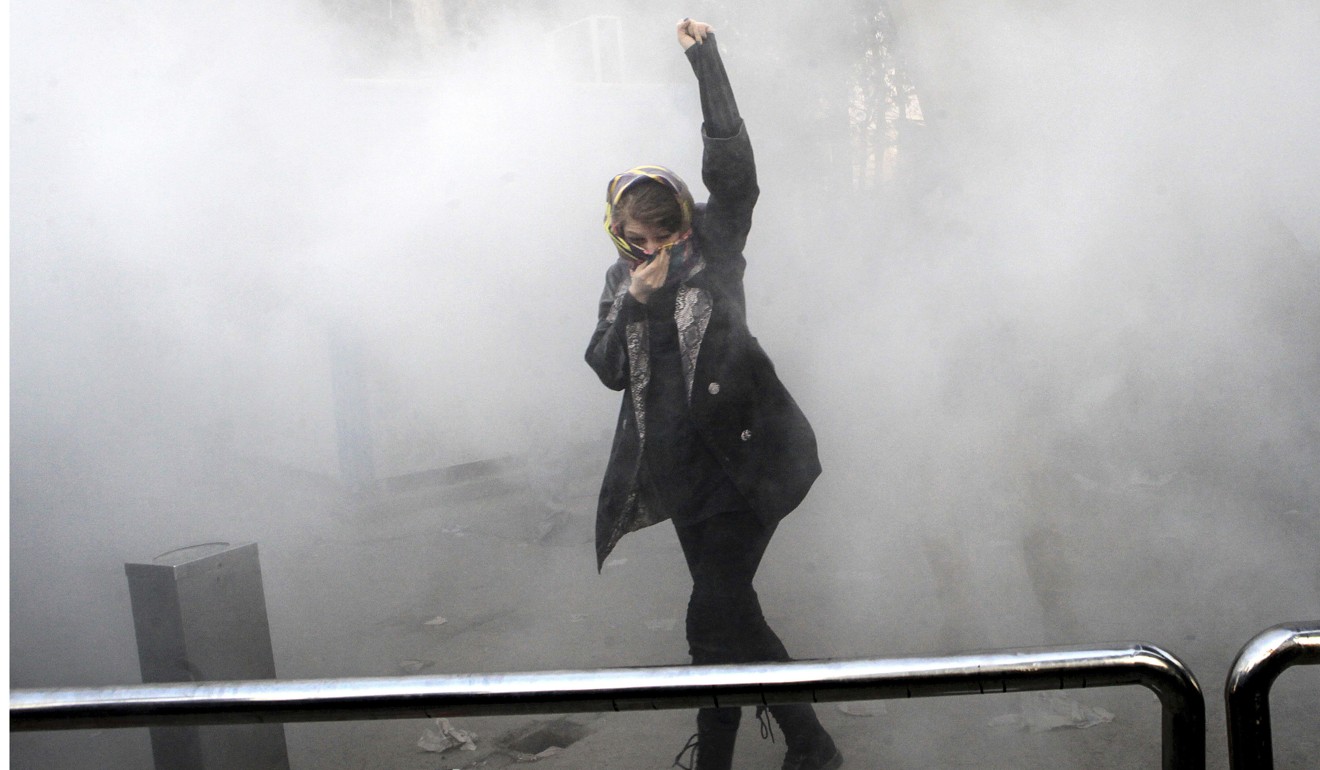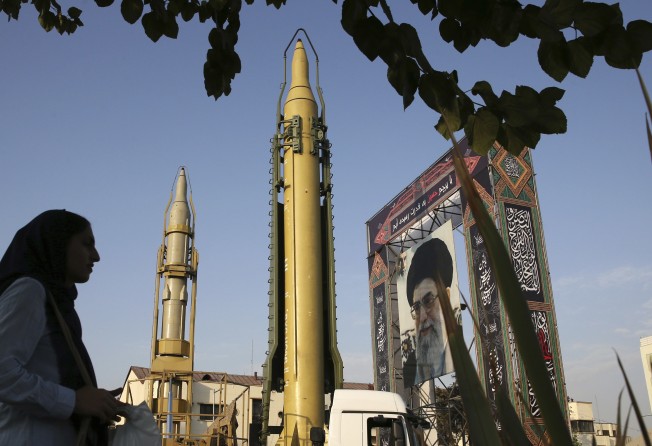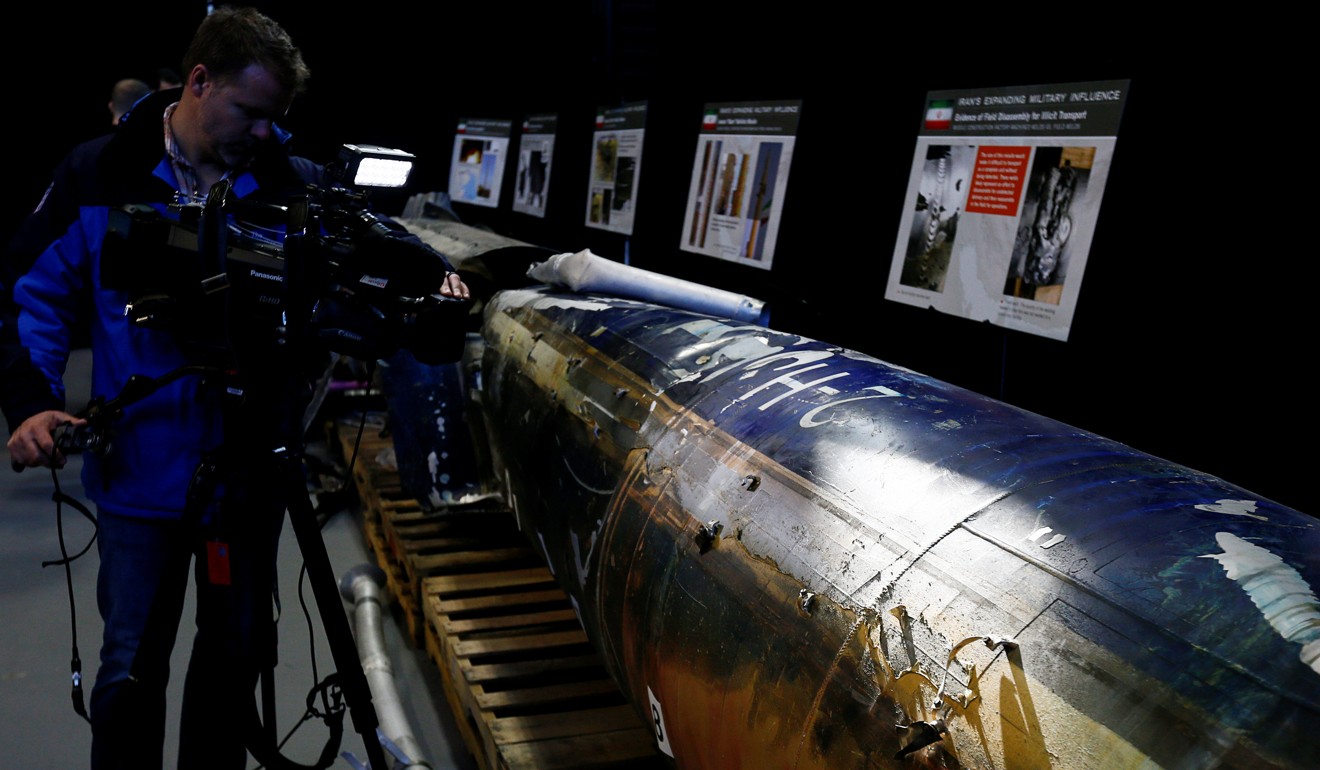
Iran warns of withdrawal from UN nuclear programme if the US doesn’t honour its part of the deal

Iran has threatened to reconsider its cooperation with the UN nuclear watchdog if the United States failed to respect its commitments in the nuclear deal Tehran struck with world powers in 2015.
US President Donald Trump must decide by mid-January whether to continue waiving US sanctions on Iran’s oil exports under the terms of the nuclear pact.
The 2015 deal eased economic pressure on Tehran in exchange for limits on its nuclear programme. Trump’s decision will comes after several days of protests at the start of the new year in Iran over economic hardships and corruption.
In October, Trump refused to certify that Iran was complying with the deal, titled the Joint Comprehensive Plan of Ation (JCPOA), even though the International Atomic Energy Agency (IAEA) said it was.
“If the United States does not meet its commitment in the JCPOA, the Islamic Republic of Iran would take decisions that might affect its current cooperation with the International Atomic Energy Agency,” Iran’s nuclear chief, Ali Akbar Salehi, was quoted as telling IAEA Director General Yukiya Amano in a phone call.
The IAEA is an international organisation that seeks to promote the peaceful use of nuclear energy, and is scrutinising Iran’s compliance with the agreement.
Supporters of the deal insist that strong international monitoring will prevent Iran from developing nuclear bombs. Iran has denied that it is seeking nuclear weapons.
Fifty-two US national security experts, including retired military officers, members of Congress and former US ambassadors, signed a letter released on Monday urging Trump’s administration not to jeopardise the nuclear deal with Iran.
“We support the rights of Iranian citizens to free speech and peaceful protest and we condemn the use of force against peaceful demonstrations,” the letter said.
“In responding to developments in Iran, now and in the future, the US should be careful not to take any steps that might undermine the JCPOA (nuclear agreement) which remains vital to US national security,” it said.

Iranian foreign ministry spokesman Bahram Qasemi said on Monday that Tehran “would not prejudge the decision that America would take on January 13,” but said it was ready for all possible outcomes and “all options were on the table”.
Deputy foreign minister Abbas Araghchi said world powers should be ready for a possible US withdrawal from the deal.
“The international community might come to this conclusion that the United States will withdraw from the JCPOA in the next few days,” Araghchi was quoted as saying by the state news agency IRNA.
“The international community must be ready for this development,” Araghchi added, warning that such a decision would affect stability in the region.
Trump is weighing whether the pact serves US security interests, while the other world powers that negotiated it – France, Germany, Britain, Russia and China – still strongly support it.
US Defence Secretary Jim Mattis said in September that the United States should consider staying in the Iran deal unless it were proven that Tehran was not abiding by the agreement or that it was not in the US national interest to do so.